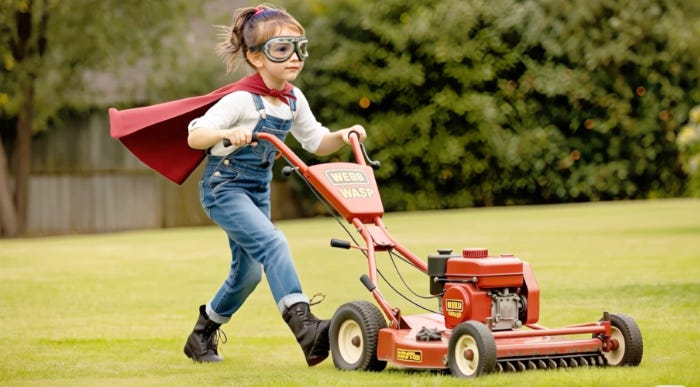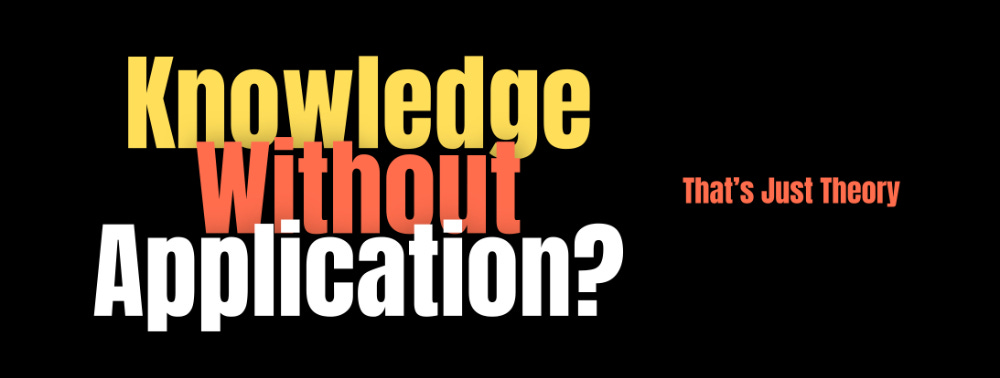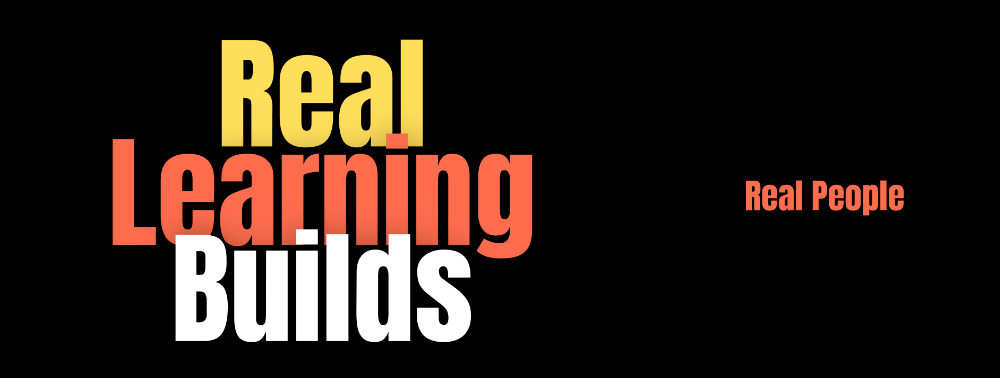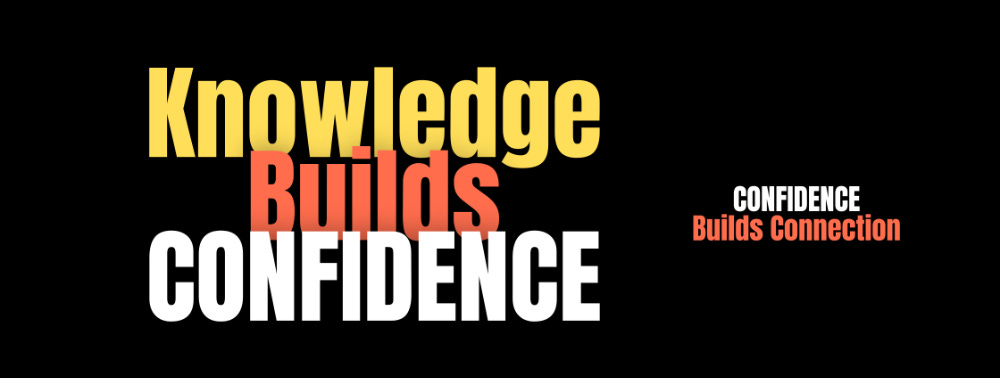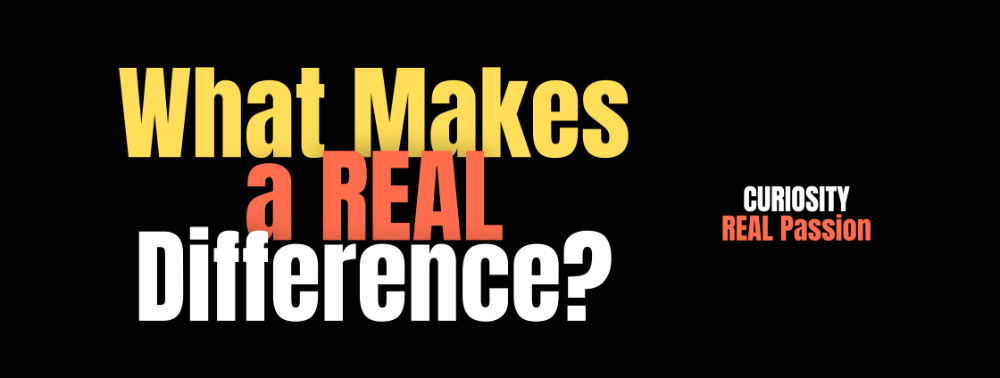Hello Everyone,
Here's my latest video of my ebook “What do YOU Like?
This is a question I find kids are less likely to be able to answer the longer they are at school. Figuring this out is really is a timeless question everyone needs to answer.
Wise teachers let kids discover the answer.
The What do YOU Like? video and book showcase what's possible when you leverage Al to take a concept all the way through to production.
It is a real glimpse into the future of creative storytelling, nimble, imaginative and empowered. "What do YOU Like?" is a great example of how accessible this space is becoming. Experiment and share, this kind of content leads the way forward for student creators.
I hope Virtual Teacher inspires you, to think differently, to try new things, reinvent and do the impossible.
Enough of the chat, check out the Amazing Tools & Absolutely Splendid ideas I have to share with you today, in the spirit of
EASIER, MORE PRODUCTIVE
& A WHOLE LOT MORE FUN!
PS
Virtual Teacher is.......... FREE FOREVER
Here's What's on the MENU Today
What Do YOU Like? It is a real glimpse into the future of creative storytelling, including a Lesson Plan
What Inspired “What do YOU like?” Learning for Its Own Sake what does it Look Like?
CHECK THESE OUT LIST : Make sure you do!
VT YouTube: Check out What do You Like? and other Human AI collaboration Stories
Let's create a ripple effect of learning, sharing, and growing together.
Pass any good ideas on to colleagues, and encourage them to subscribe to VirtualTeacher for more.
What Do YOU Like?
Is a celebration of curiosity, imagination & the weird, wonderful things that make us who we are. Everyone likes something different. Trains, that stop at stations where robots serve hot chocolate,
trampolines & even lawnmowers.
Here’s Sally, she imagines zooming through the backyard with a Webb Wasp Lawn Mower wearing goggles and a cape.
There are lots of facts in the book, when kids love things they learn a lot about them. so there are lots of big numbers in the book like
1,000,000 & 299,792,4580 which is the speed of light.
There are now over 1 million robotic lawn mowers around the world.
That’s enough to mow the moon... if it had grass!
In What Do YOU Like?, kids are invited to follow what makes their brain go WOW!
This book and the video show that the quirky things we love aren't just hobbies, they're clues to who we might become. With rhythmic text, joyful illustrations and celebrating self discovery, this book is a powerful launchpad for creative storytelling & imaginative thinking.
Themes: Passion & identity, Divergent thinking, Creative confidence, Student agency
It’s more than just what kids do, it’s what makes them tick.
Sometimes the quirky things you love aren’t just hobbies, they’re clues to who you really are.
The world needs people who collect weird stuff, dream wildly & see what others miss.
This is more than a book, it’s a question that starts a journey.
And for some readers, it might just change everything.
So go on, Build. Bounce. Fix. Imagine. Be Curious. Be Joyful. Be Different.
And ask yourself the most important question of all
What do YOU like?
Here’s a link to a lesson plan that worked brilliantly for What do YOU Like?
Check out the video & leave a comment or write to me and let me know what YOU think!
What Inspired “What do YOU like?”
If we place more value on exam results and certificates than on understanding, is it any wonder students cheat to get them?
So how do we truly value knowledge, not just memorisation, but knowledge that matters?
Knowledge isn’t real until it’s applied. It only becomes visible, measurable, even meaningful, when it’s used. Knowledge without application is theory. And theory alone means nothing.
What Does Learning for Its Own Sake Look Like?
Marty was obsessed with Minecraft. I introduced a few basic ideas, and his imagination took flight. No one told him to research, write code, or build. He did it all on his own, because he wanted to know. He explored tutorials, tested ideas, made mistakes and built a personal bank of knowledge. No marks. No deadlines. Just passionate, self-propelled learning.
Hannah liked writing, but classroom tasks didn’t excite her. Then one day, she handed me a 16-page story she’d written at home: original, structured and captivating. I printed it as an A5 booklet and created a mini library where others could borrow it and leave feedback. That spark turned into a flame. She kept writing, improving and sharing, designing cover art and posters, no marks or stickers required. Her stories drew others in and she soon had a circle of fellow young writers, reading each other’s work, cheering each other on. What they valued most wasn’t praise, it was authentic feedback that helped them grow.
Jo was the student who "couldn’t read or write.” But he loved building. When he asked to construct a pneumatic lifting device he’d seen in a book, I agreed to help with supplies, but of course he’d need to document the process so we wouldn’t lose track. That’s when Jo started writing. Not because he was told to, but because he had a reason. He took photos, made an explainer video, wrote a script and read the voiceover. He learned, step by step, because he needed that knowledge to do something that mattered to him.
Sally, like young Seb from the BBC’s Antiques Roadshow, developed deep expertise through passion. At just 13, Seb brought two antique lawnmowers he’d restored to the show. His mastery of their mechanics and history left the experts stunned. Not because he studied for a test, but because he was hooked on learning something meaningful to him.
Watch Seb’s story →
When we bribe kids with grades and gold stars, they’ll game the system. But when we fuel curiosity, they don’t need shortcuts, they want the journey.
They want to explore, create, build, connect.
That’s what real assessment looks like.
Want to know if a kid can cook?
Don’t give them a written test.
Ask them to make a hamburger.
Marty, once an isolated student, became the Minecraft expert. His deep knowledge gave him social capital. Other kids came to him for tips, tricks and advice. His lunchtime Minecraft sessions grew to over 40 participants. He found his voice. He found his tribe.
Hannah, once having no friends, became the centre of a writing movement. Her peers sought her guidance. They didn’t just talk about stories, they wrote them. Together. They created a writing community grounded not in grades, but in mutual respect and shared passion.
When kids learn because they’re curious, not because they’re ranked or judged, you don’t just get high-achieving students.
You get inventors, storytellers, collaborators, builders.
You get humans who know how to learn, adapt and grow.
You get real learners.
CHECK THESE OUT LIST
Maddie Moate is an EduTuber Maddie Moate's YouTube channel is a vibrant hub where curiosity meets fun, offering engaging science and adventure content designed to spark young minds. Here’s one you might like to watch
Toys for Science and Math Education Arvind Gupta believes children learn by doing. On the channel, toys are made from commonly used material which every child in the world has access to and can be done at home. Magnetic Levitation Pencil
Future Anything Great Article - How low variance teaching, obsessed with compliance, uniformity, and control, you know everyone shares the same powerpoint, leave little space for autonomy and creativity.
VirtualTeacher Art Some great Art links and Links “Art does not reproduce what we see it makes us see.” Paul Klee
Reve AI - Free Online Revolutionary AI Image Generator , does require login. It is an advanced text-to-image generation model designed to excel at prompt adherence, aesthetics and typography. Quite Splendid!
VT YOUTUBE
Check out the latest Videos:
Check out the other HUMAN AI Collaboration Books on my VT YOUTUBE playlist and subscribe so you don’t the new releases including ‘What do YOU Like?“
THANKS FOR READING
I love to hear from you. Leave a comment or just say hi by sending an email to cathy@virtualteacher.com.au If you’re having fun, your students will too.
This Newsletter is not free, despite the misleading advertising above.
The Fee is now due. Each week you must help one colleague on the Internet who has less knowledge than you. HELP THAT PERSON even if you have to visit their classroom or do a little research and get back to them. Trust me, this will help a lot of people get their computer classrooms running better. OK I'm trusting you!!!
The opinions expressed here are purely those of the editor, Cathy Brown. All other small print clauses apply. Such as: Use at your own risk. Nothing in life is guaranteed.
If it doesn't work for you, send an email and I'll try to figure it out.
Editor: Cathy Brown cathy@virtualteacher.com.au
Before you go I have a question for you:
Would you be interested in learning more about AI and how to integrate into your teaching? Would you like more information about inservice and training?
No need to decide just yet, just email me if you'd like to start the ball rolling. cathy@virtualteacher.com.au or check out the VT AI Consultancy Page.





